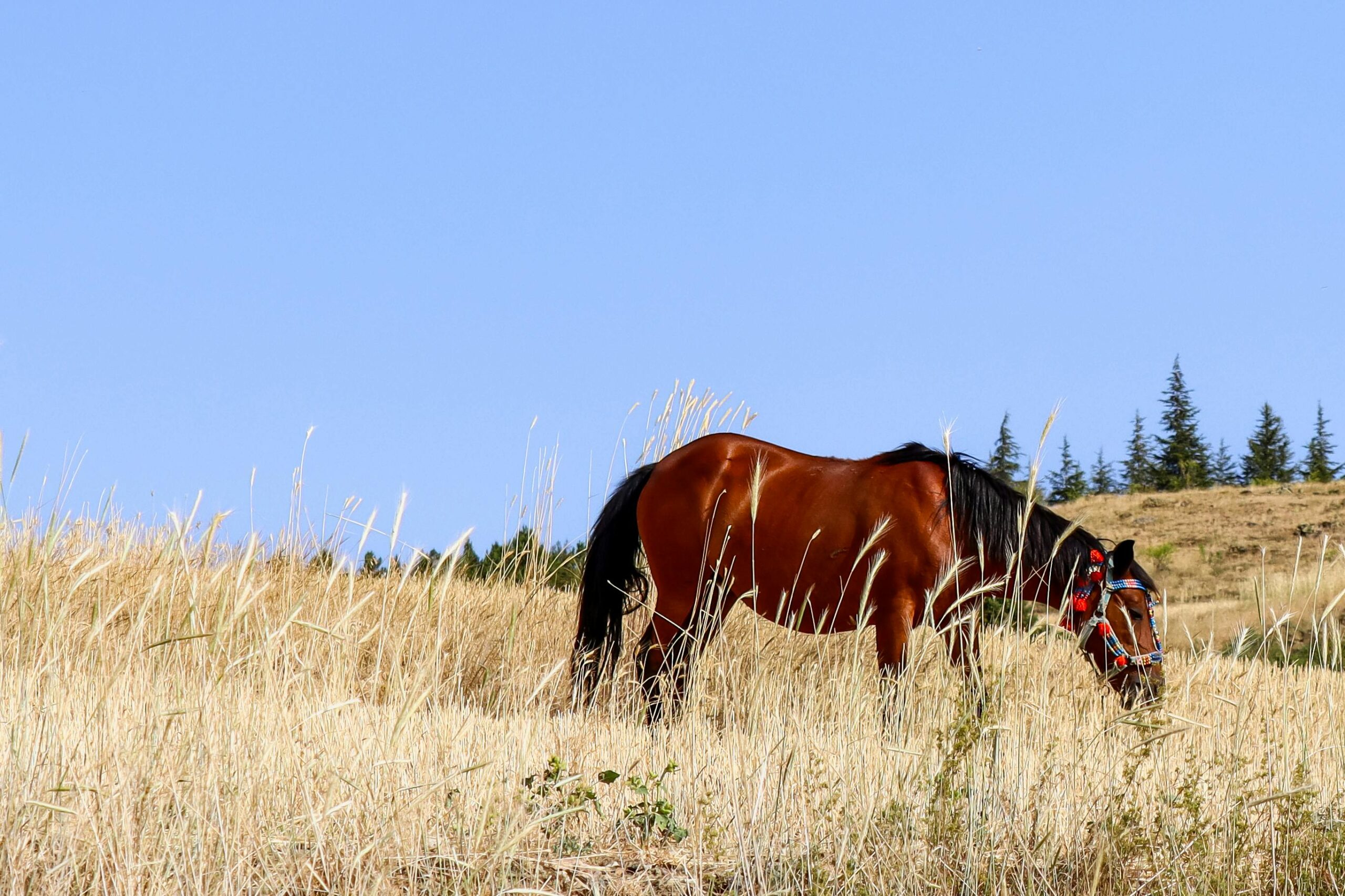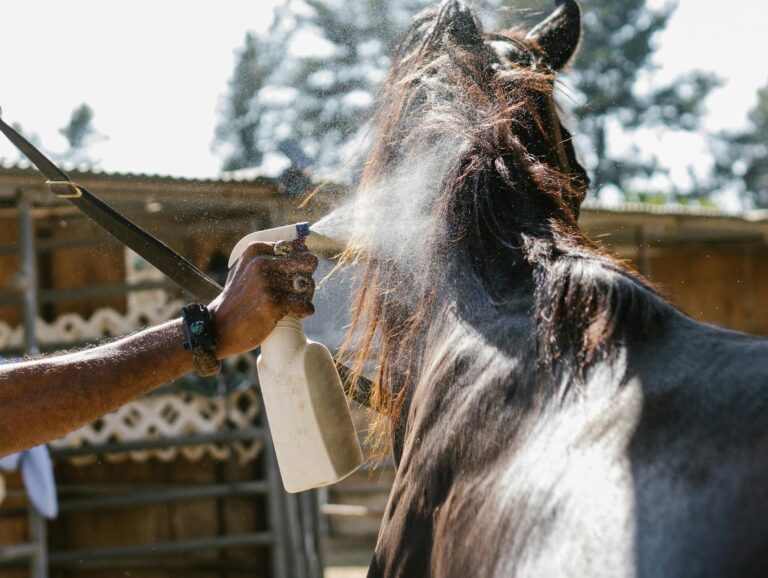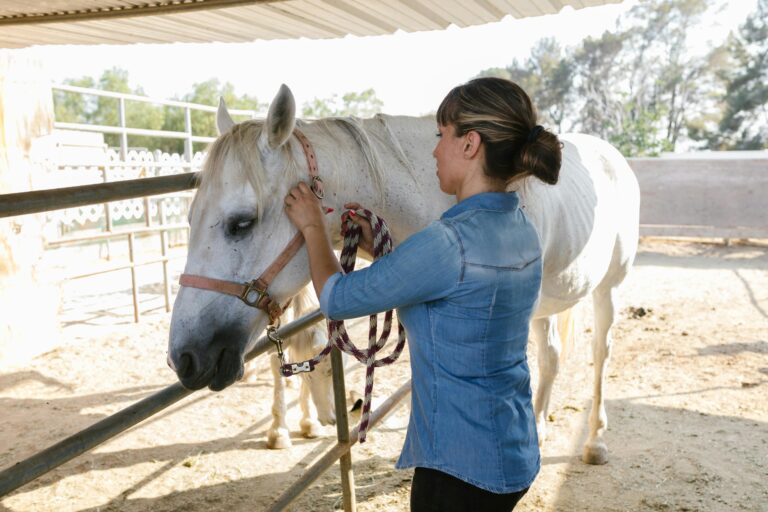Traveling with your horse requires more than just packing the trailer and loading up the hay. Before you leave your driveway, you need to make sure your paperwork is in order—especially if you’re crossing state lines or attending a show, clinic, or event. Failing to have the correct documentation can lead to delays, fines, or even being turned away at checkpoints. Here’s what you need to know.

Coggins Test: A Must-Have for All Travel
The Coggins test is a blood test that screens for Equine Infectious Anemia (EIA), a contagious and incurable disease. This test is required for interstate travel and for entry to most events or boarding facilities. A negative result is valid for 12 months, and it must be officially documented by a licensed veterinarian.
Keep both a physical and digital copy of your horse’s current Coggins in your travel binder and on your phone. Many venues now accept emailed copies or QR codes, but hard copies are still important backups.

Health Certificate (Certificate of Veterinary Inspection)
A health certificate, or Certificate of Veterinary Inspection (CVI), is another key requirement for interstate travel. Issued by a vet after a recent physical exam, this document states that your horse is free of infectious disease and safe to travel. It’s typically valid for 30 days.
Different states have different rules, some require additional permits, especially if you’re transporting multiple horses or staying overnight. Always check the destination state’s requirements before departure.

Vaccination Records
While not always legally required, up-to-date vaccination records are often necessary for:
- Horse shows and competitions
- Boarding barns or layover stables
- Events and organized trail rides
Core vaccines like tetanus, West Nile, rabies, and EEE/WEE should be current. Many events also require proof of equine influenza and equine herpesvirus (EHV) vaccinations within the past 6 months.

Brand Inspection or Proof of Ownership
In western states, you may need a brand inspection certificate, even for horses without visible brands. This document serves as proof of ownership, helping prevent theft and ensure proper animal movement across state lines. Check with your state’s livestock board or department of agriculture.
In other areas, carrying a bill of sale, breed registration papers, or a microchip registration may suffice for ownership verification.

Organize Everything in One Place
Invest in a travel binder or digital document organizer. Include:
- Coggins test (current and previous)
- Health certificate
- Vaccination records
- Proof of ownership
- Emergency contacts and veterinary info
Keep a printed copy in your truck or trailer and a digital copy on your phone or cloud storage for easy access.

Final Thoughts
Traveling with your horse should be an exciting adventure, not a paperwork panic. By preparing all necessary documents well in advance, you’ll avoid stress and ensure your trip is legal, safe, and smooth from start to finish. When in doubt, contact your veterinarian or state officials, they’ll help make sure everything is squared away before you hit the road.




